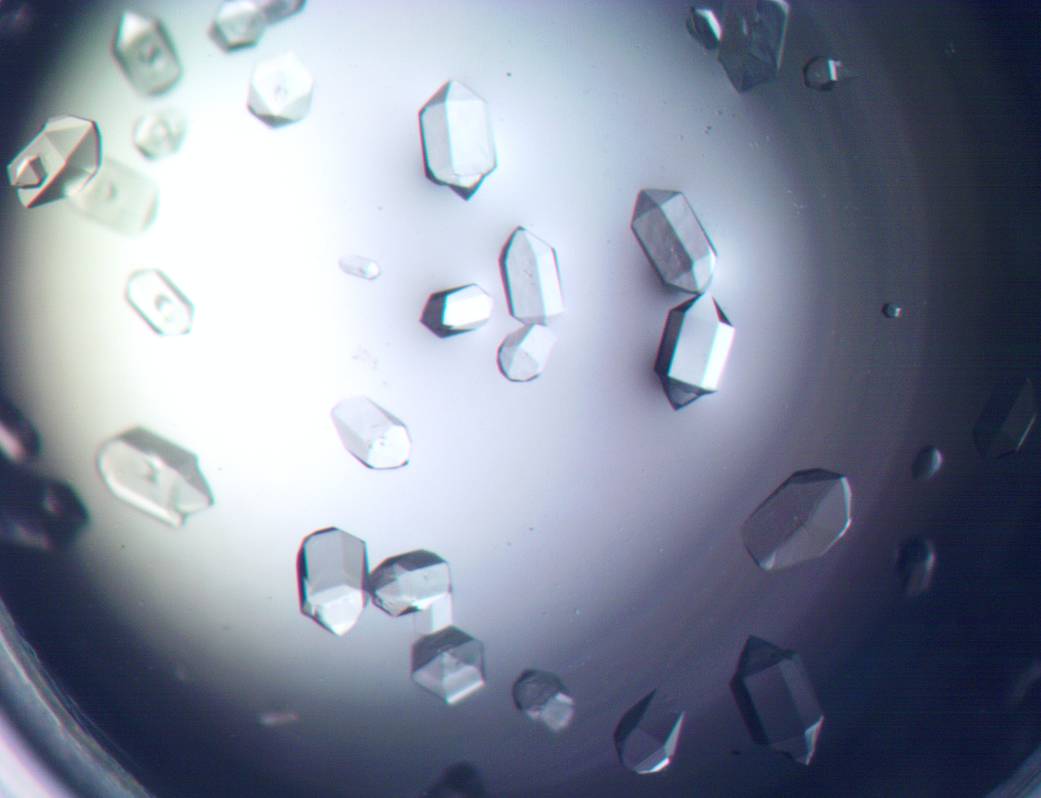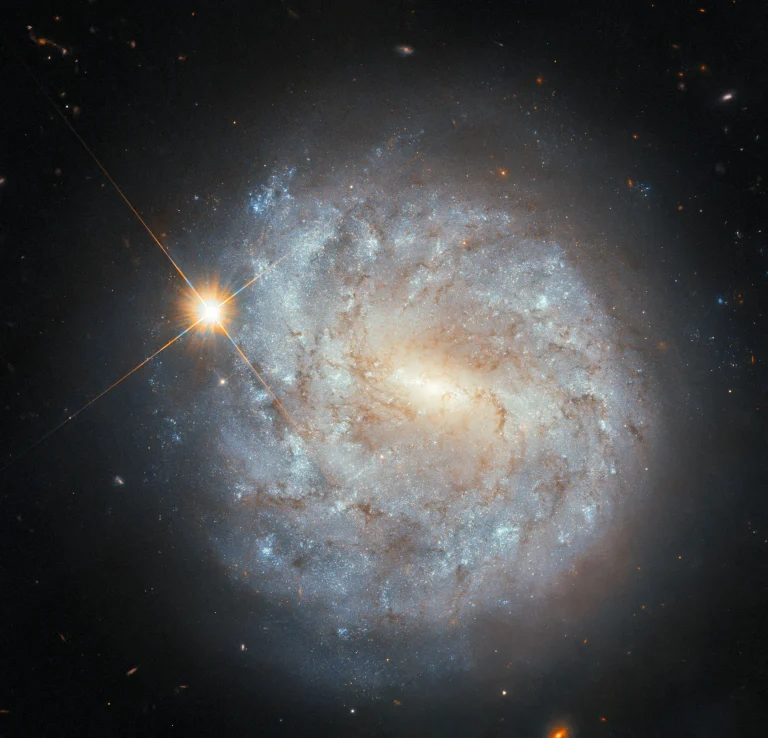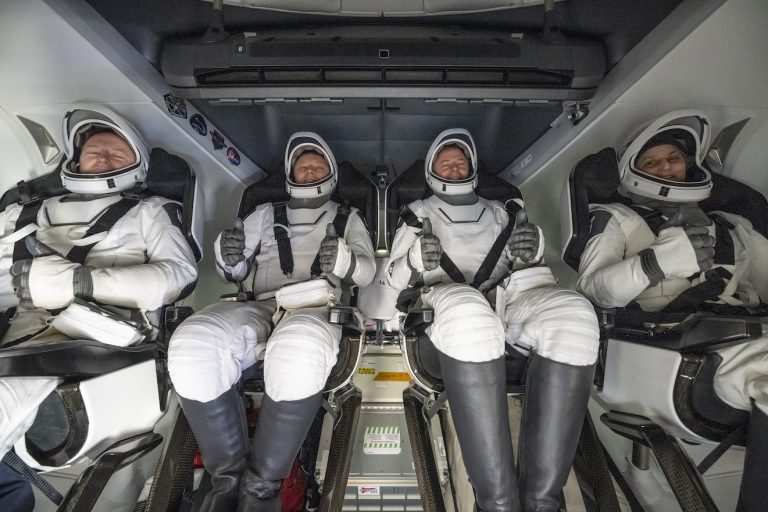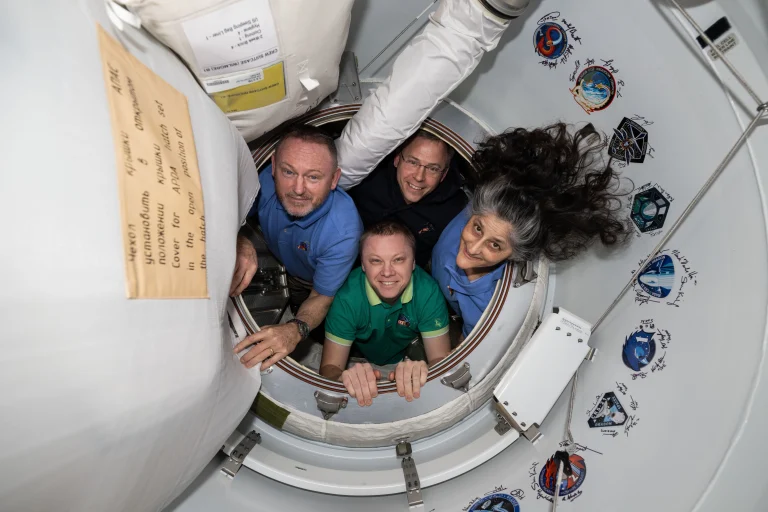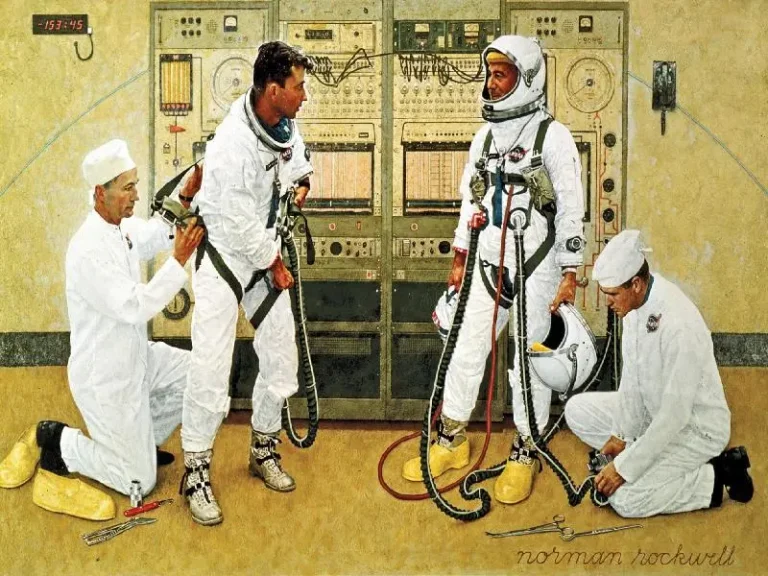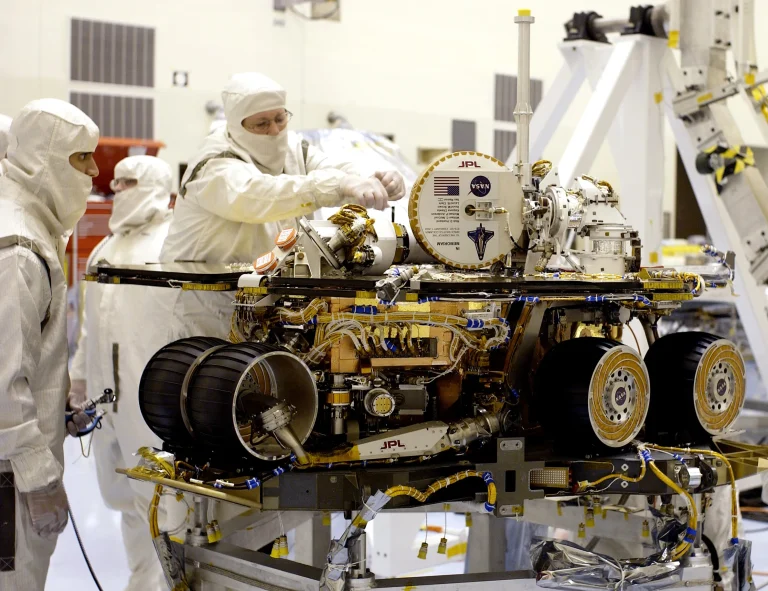There are more than 100,000 proteins in the human body. Every structure is different, and each one of them holds important information related to our health. Each protein has a unique and complicated structure that is closely related to its function. Therefore, revealing a protein’s structure leads to an understanding of its function. However, it is difficult to analyze protein structures here on Earth, where gravity interferes with optimal growth. Previous research has shown that microgravity produces high-quality protein crystals that can be analyzed to identify possible targets for drugs to treat disease.
The Real-Time Protein Crystal Growth 2 study will produce high-quality protein crystals for up to eight proteins that will undergo detailed analysis back on Earth.
Astronauts will observe the crystals, report on their growth, and then make changes based on initial observations.
In this image, Aeropyrum pernix Flap Endonuclease-1 (FEN-1) protein crystals are shown grown under Earth gravity conditions. FEN-1 will serve as the experimental protein for the Real Time Protein Crystal Growth 2 study.
Learn more about the latest research on the station.
Image Credit: University of Toledo
人体内有超过10万种蛋白质。每一种结构都不一样,每一种结构都包含着与我们健康有关的重要信息。每种蛋白质都有其功能密切相关的独特且复杂的结构。因此,揭示蛋白质的结构有助于人们理解其功能。然而,在地球上很难分析蛋白质结构,因为重力会干扰蛋白质的最佳生长。先前的研究表明,微重力可以产生高质量的蛋白质晶体,分析这些晶体可以确定药物治疗疾病的可能靶点。
实时蛋白质晶体生长2(The Real-Time Protein Crystal Growth 2)研究将为多达8种蛋白质生产高质量的蛋白质晶体,这些蛋白质将在返回地球后进行详细分析。
宇航员将观察晶体,报告其生长情况,然后根据初步观察结果进行更改。
图中所示的是在地球重力条件下生长的嗜热泉生古细菌(Aeropyrum pernix)瓣核酸内切酶-1 (FEN-1)蛋白晶体。FEN-1将作为实时蛋白晶体生长2研究的实验蛋白。
图片来源:托莱多大学

